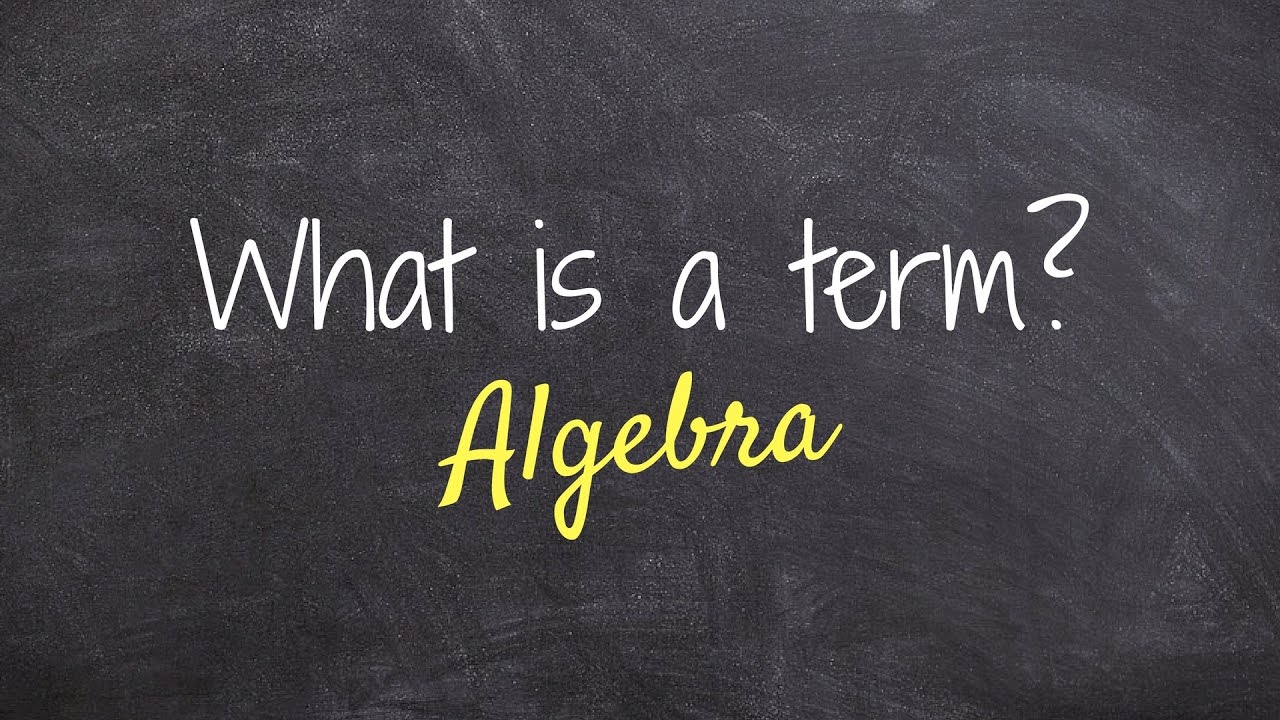What is a Homestead Exemption?
A homestead exemption is a legal provision that allows homeowners in Rhode Island to protect a portion of the value of their primary residence from certain creditors and property taxes. It is a way for homeowners to safeguard their homes and provide a level of financial security. The concept of homestead exemption traces its roots back to colonial times when individuals were granted the right to exempt a certain amount of their property from seizure by creditors.
Understanding the Legal Definition
In Rhode Island, the homestead exemption is defined under state law as an exemption of up to $500,000 of a homeowner’s equity in their primary residence. This means that if the value of a person’s home is less than or equal to $500,000, they can claim the full exemption amount. If the home’s value exceeds $500,000, the exemption amount remains capped at $500,000.
Rhode Island’s Homestead Exemption Laws
Rhode Island’s homestead exemption laws are governed by Chapter 44-30 of the General Laws of Rhode Island. These laws outline the eligibility criteria, application process, and limitations associated with the homestead exemption. The purpose of these laws is to provide homeowners with a measure of protection against creditors and to ensure that they can continue to reside in their homes even if faced with financial challenges.
Benefits and Purpose of Homestead Exemption
The main benefit of a homestead exemption is its protective nature. By claiming the exemption, homeowners can safeguard a significant portion of the equity in their primary residence from being seized to satisfy certain types of debts, such as credit card debt or medical bills. This protection is particularly valuable in times of financial hardship or when facing bankruptcy. Additionally, homestead exemptions can provide homeowners with peace of mind, knowing that their homes are shielded from creditors.
Who Qualifies for Homestead Exemption?
To qualify for the homestead exemption in Rhode Island, an individual must be a homeowner and occupy the property as their primary residence. The exemption is only applicable to residential properties and does not extend to commercial or investment properties. Additionally, homeowners must be up to date on their property taxes and not have any outstanding liens against their property.
How to Apply for Homestead Exemption
To apply for the homestead exemption in Rhode Island, homeowners must complete and submit an application form to their local city or town tax assessor’s office. The application typically requires basic information about the homeowner, such as their name, address, and contact details. It is important to note that homeowners must apply for the exemption each year to maintain its benefits.
Exclusions and Limitations to the Exemption
While the homestead exemption provides valuable protection for homeowners, there are certain exclusions and limitations to be aware of. The exemption does not shield a homeowner’s property from certain types of debts, such as mortgages, tax liens, and child support obligations. Additionally, the exemption does not protect against foreclosure in the case of default on a mortgage.
Calculating the Homestead Exemption Amount
The homestead exemption amount in Rhode Island is determined by the equity a homeowner has in their primary residence. Equity refers to the difference between the fair market value of the property and any outstanding mortgage or liens. If a homeowner has $300,000 in equity, for example, they can claim the full exemption amount of $300,000, assuming their property’s value does not exceed $500,000.
Impact of Homestead Exemption on Property Taxes
The homestead exemption can also have an impact on a homeowner’s property taxes. By reducing the taxable value of a property, the exemption effectively lowers the amount of property taxes owed. This reduction can provide financial relief to homeowners, particularly those on fixed incomes or facing financial challenges. However, it is important to note that the exemption does not eliminate property taxes entirely; homeowners are still responsible for paying the remaining tax amount.
Homestead Exemption and Bankruptcy Cases
The homestead exemption can play a crucial role in bankruptcy cases. In Rhode Island, homeowners who file for bankruptcy can utilize the homestead exemption to protect a portion of their equity from being liquidated to satisfy debts. The homestead exemption can enable individuals to retain their primary residence while addressing their financial obligations. However, it is essential to consult with a bankruptcy attorney to understand the specific implications and requirements.
Important Deadlines and Renewal Requirements
In Rhode Island, homeowners must apply for the homestead exemption by December 31st of each year to be eligible for the exemption in the following tax year. It is crucial to adhere to this deadline to ensure the continuity of the exemption benefits. Additionally, homeowners must renew their application annually to maintain the exemption. Failure to meet these deadlines may result in the loss of the exemption for that tax year.
Frequently Asked Questions about Homestead Exemption
-
Can I claim the homestead exemption if I rent out part of my property?
No, the homestead exemption only applies to properties that are used as a primary residence. -
Does the homestead exemption protect my property from foreclosure?
No, the homestead exemption does not shield a property from foreclosure if the homeowner defaults on their mortgage. -
Can I claim the homestead exemption if I have outstanding property taxes?
No, homeowners must be up to date on their property taxes to qualify for the homestead exemption. -
Can I transfer the homestead exemption to another property?
No, the homestead exemption is specific to the primary residence and cannot be transferred to another property. -
Can I claim the homestead exemption if I have a second home or vacation property?
No, the homestead exemption only applies to a homeowner’s primary residence.
Remember to consult with a qualified legal professional or tax advisor for specific advice regarding your individual circumstances.





